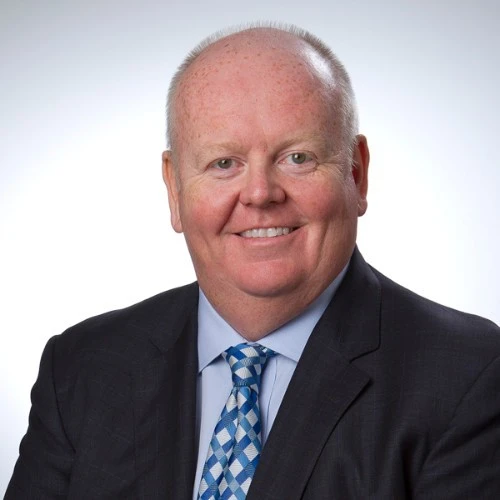‘No more monopolies in Canada’ due to black market, says Canadian Gaming Association chief

“Because of the large unregulated iGaming market presence in Canada, no one’s had a monopoly for 25 years and that’s the reality,” Burns said in a recent interview with GGB magazine.
Alberta last week approved its iGaming Act, propelling the province closer towards a regulated online gaming market. The launch is expected in the first half of 2026.
But Alberta and Ontario are the only provinces so far to regulate iGaming and invite private operators to compete in the market.
The Canada Gaming Association has urged remaining unregulated provinces to act and follow in the footsteps of Ontario and Alberta.
Canada black market means ‘no time to pause’ for regulators
“There’s this whole discussion going on around sweepstakes and predictive markets in North America, [but] the next thing is already here, and there’s more coming,” he warns. “As a regulator, there’s no time to pause anymore.”
He says a number of factors led to the country becoming a hotbed for grey market operators, prior to Ontario’s liberalisation in 2022. These included a high penetration of high-speed internet in the 2000s as well as high adoption of online payments processes and smart phones within the 2010s.
Of the remaining eight provinces, Burns says the majority operate legacy monopoly models. British Columbia, like Alberta, has an iGaming monopoly, offering table games, poker bingo, slots and lottery tickets, as does Québec.
Atlantic Canada, which comprises the provinces of New Brunswick, Newfoundland and Labrador, Nova Scotia and Prince Edward Island, operates a lottery monopoly, which offers online monopoly, bingo and instant win games.
“We’re asking provinces to find their own solution. Alberta is going through a process. They’re going to learn a lot from Ontario, but they’re going to build something that ultimately works for their province and that’s what we encourage others to do,” Burns adds.
Ontario success story?
Burns has pointed to Ontario as an example of seemingly successful market liberalisation. The regulator in April estimated it was operating a channelisation rate of 84%.
However, H2 Gambling Capital estimates have suggested the channelisation rate is closer to 93%, up from 83% in 2023.
The Alcohol and Gaming Commission of Ontario discovered, however, 20.2% of those playing on regulated sites are also still engaging with the unregulated market.
Burns celebrates Ontario’s success in transitioning the majority of its grey market revenue to regulated.
“One of the things Ontario did [well] was build a market that invited the grey market operators and made it advantageous” for them to join, Burns says.
He expects Alberta to copy Ontario’s framework. “Alberta is clearly leading with strong measures of consumer protection. It’s this balance of being prepared to invest heavily in protecting your market and making it advantageous for people to join the regulated market. Ontario set a good bar, but we’re asking them to improve on that regulatory regime.”
Burns estimates Alberta’s current channelisation rate for its monopoly PlayAlberta offering is around 20%, meaning the majority of the market is still grey.
This will hopefully change once regulation is in place and PlayAlberta is preparing to compete against private operators.
A similar story has unfolded in Finland, where monopoly operator Veikkaus is overhauling its product and technology to compete in its liberalised market come January 2027.
Other provinces have taken heed of movements in Ontario and Alberta. Burns says Quebec and British Colombia regulators are in talks with the Canadian Gaming Association on the possibility of regulating iGaming.
Impact of tariffs has been ‘an emotional debate’
Elsewhere, Burns laments the impact of tariffs on the gaming sector in Canada. In February President Donald Trump imposed a 25% additional tariff on imports from Canada. In retaliation, the Alberta Gaming Liquor and Cannabis Commission suspended the purchasing of all US gaming terminals on 6 March.
The regulator called for all slot machines, video lottery terminals and other machines to be bought from companies with support services in Alberta, or from countries with whom Canada has a free trade agreement.
“It’s been an emotional debate in Canada because of the way President Trump has chosen to portray the relationship between Canada United States in the absence of facts,” Burns says.
“This impact is real for governments in the province, but also provinces are changing their procurement policies [and fighting back].”
Up to 70% of the gaming machines sold in Canada are acquired via agencies belonging to provincial governments. This could force a change in the model used by operators. Many will undoubtedly seek to procure local supplies going forward.
